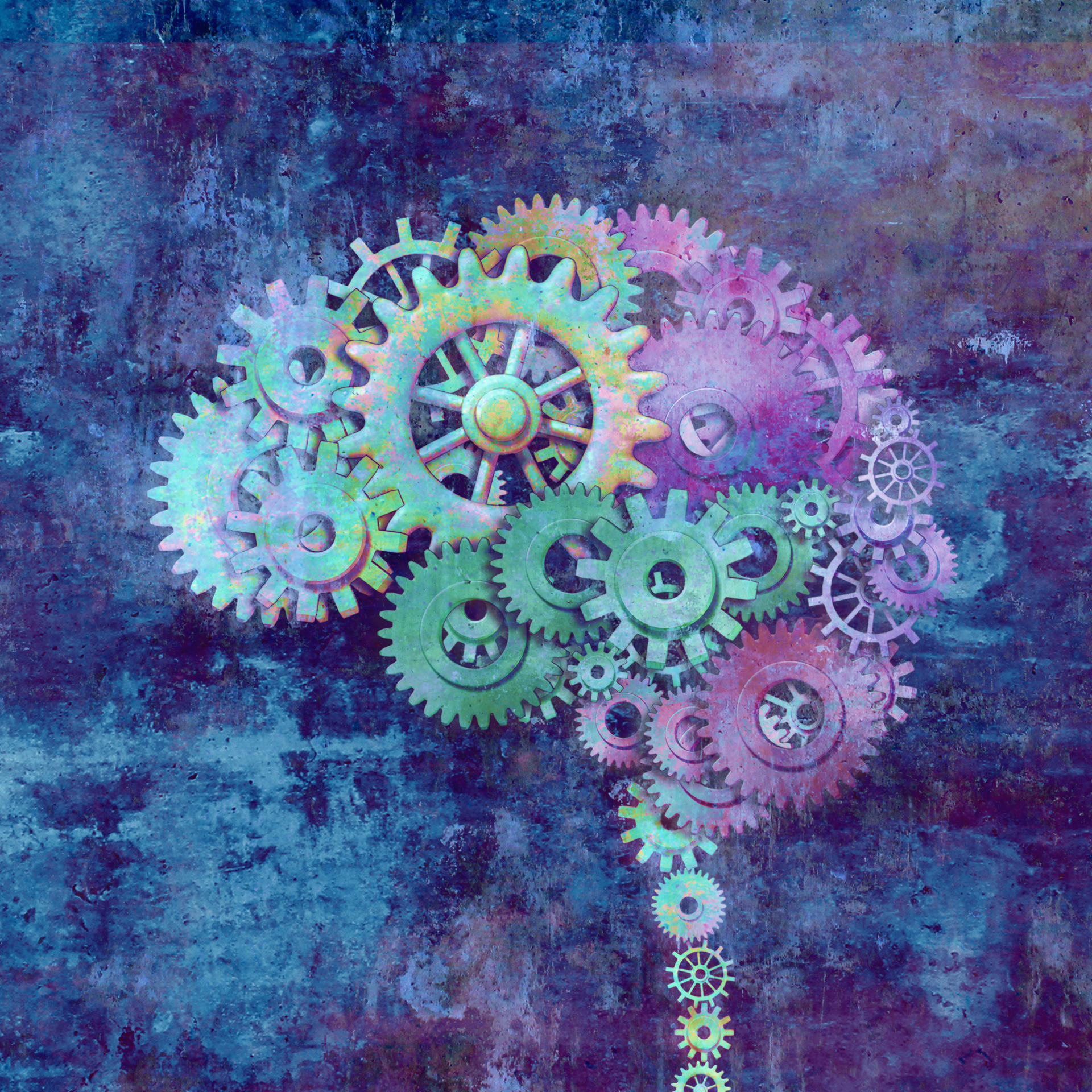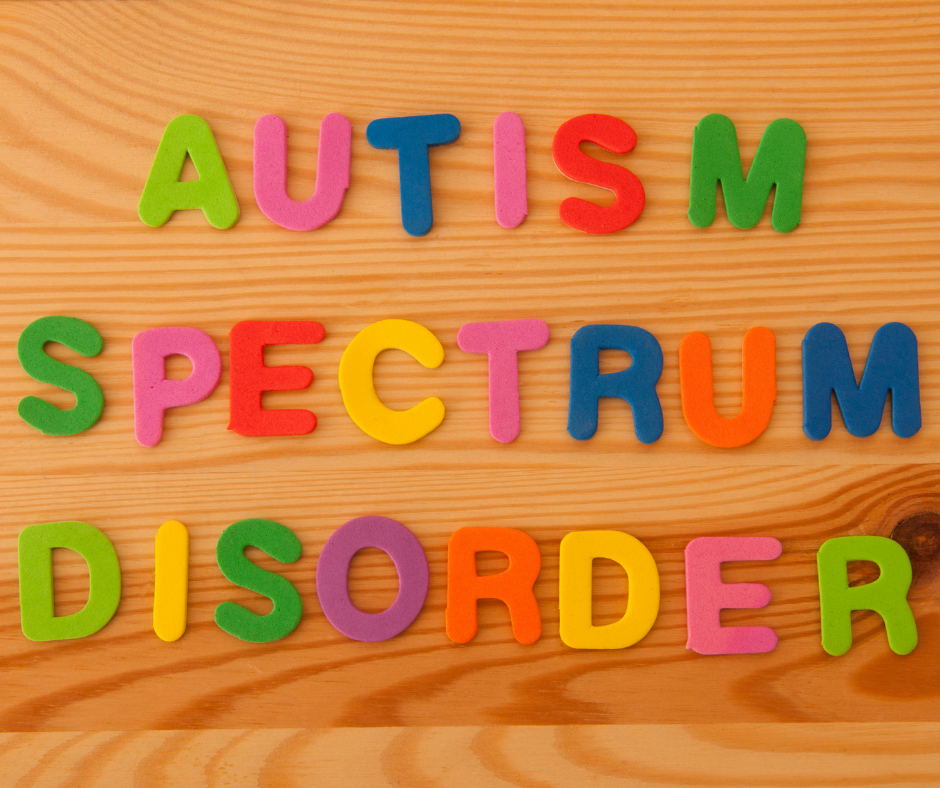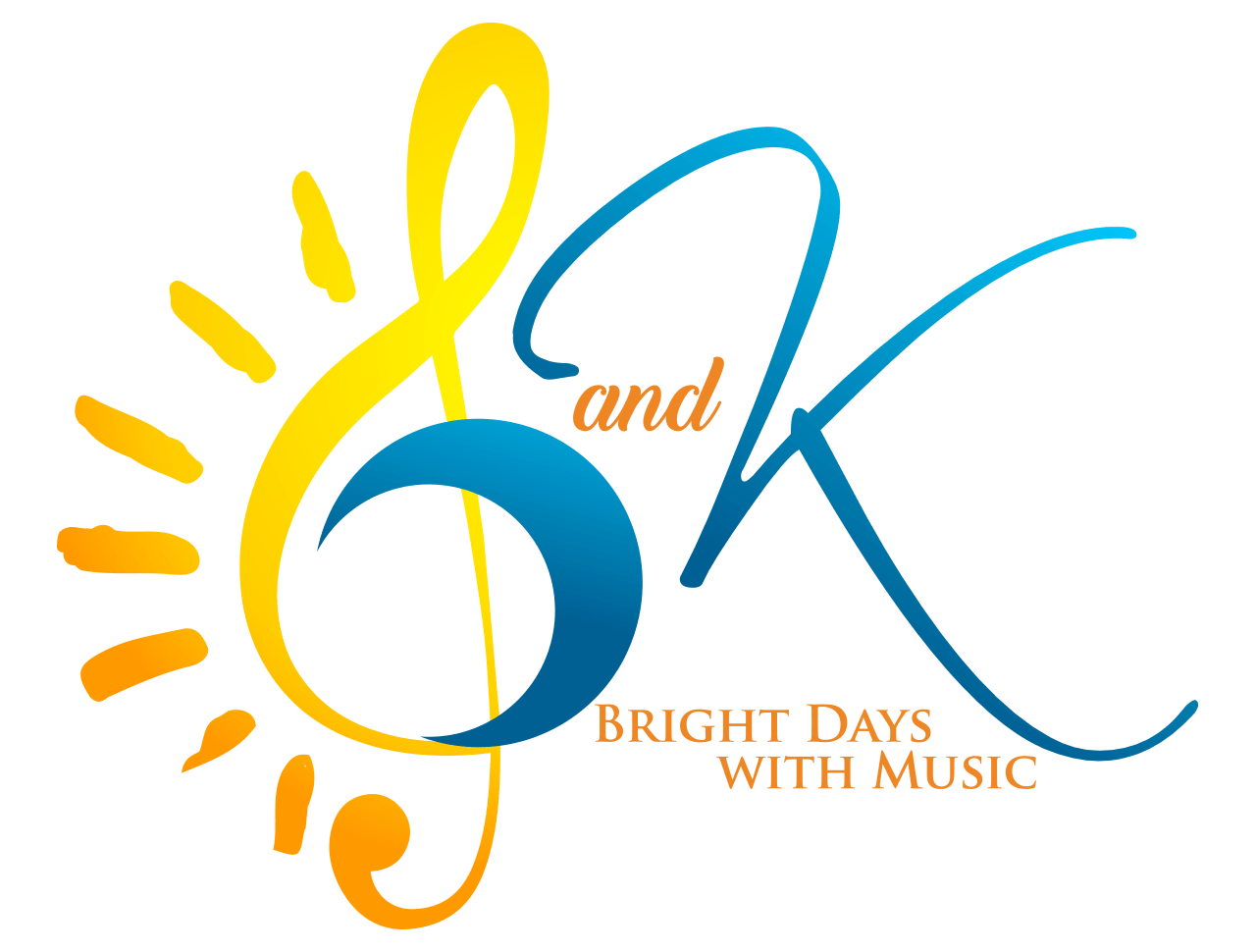Music Therapy for Autism Spectrum Disorder
What is Music Therapy?
Music Therapy is the clinical and evidence-based use of music interventions to accomplish individualized goals within a therapeutic relationship by a credentialed professional who has completed an approved music therapy program. It is a well established allied health profession that uses music therapeutically to address behavioral, social, psychological, communicative, physical, sensory motor, and/or cognitive functioning. Because music therapy is a powerful and non-threatening medium, unique outcomes are possible.
Music therapy may include the use of behavioral, biomedical, developmental, educational, humanistic, adaptive music instruction, and/or other models. Music therapy enhances one’s quality of life, involving relationships between a qualified music therapist and individual; between one individual and another; between the individual and his/her family; and between the music and the participants. These relationships are structured and adapted through the elements of music to create a positive environment and set the occasion for successful growth.
How Does Music Therapy Make a Difference for Individuals with Diagnoses on the Autism Spectrum?
Music therapy provides a unique variety of music experiences in an intentional and developmentally appropriate manner to effect changes in behavior and facilitate development of skills.
The literature reports that most individuals with ASD respond positively to music. People with ASD often show a heightened interest and response to music, making it an excellent therapeutic tool for working with them.
Music is a very basic human response, spanning all degrees of ability/disability. Music therapists are able to meet clients at their own levels and allow them to grow from there. The malleability of music makes it a medium that can be adapted to meet the needs of each individual. Music is motivating and enjoyable. Music can promote relatedness, relaxation, learning, and self-expression. Music therapy addresses multiple developmental issues simultaneously. Music therapy can provide success- oriented opportunities for achievement and mastery. The structure and sensory input inherent in music help to establish response and role expectations, positive interactions, and organization.
Is there research to support Music Therapy services for ASD?
Through peer-reviewed journals inside the profession such as the Journal of Music Therapy and Music Therapy Perspectives, and extensive articles in journals outside the profession, AMTA has promoted much research exploring the benefits of music therapy with individuals with diagnoses on the autism spectrum. Clinical outcomes studied have focused mainly on the use of music to address:
- Communication
- Cognition
- Behaviors (Problem/Repetitive/Stereotypic)
- Social Skills and Interaction
- Emotional Regulation
The following statements represent targeted areas and rationale for using music therapy with individuals with ASD that have been the topics of published research, evidence-based practice, and/or clinical observations:
- Music holds universal appeal. It provides a bridge in a non-threatening setting between people and/or between individuals and their environment, facilitating relationships, learning, self-expression, and communication. Music captures and helps maintain attention. It is highly motivating and may be used as a natural “reinforcer” for desired responses.
- Music therapy can stimulate individuals to reduce negative and/or self-stimulatory responses and increase participation in more appropriate and socially acceptable ways.
- Music therapy can enable those without verbal language to communicate, participate and express themselves non- verbally. Very often music therapy also assists in the development of verbal communication, speech, and language skills. The interpersonal timing and reciprocity in shared play, turn-taking, listening and responding to another person are augmented in music therapy with children and adults with autism to accommodate and address their styles of communication.
- Music therapy helps individuals with ASD identify and appropriately express their emotions.
- Because music is processed in both hemispheres of the brain, it can stimulate cognitive functioning and may be used for remediation of some speech/language skills. Recent research notes that music may engage brain regions that overlap the human mirror neuron system (Wan et al., 2010).
- Music provides concrete, multi-sensory stimulation (auditory, visual, proprioceptive, vestibular, and tactile).
- The rhythmic component of music is very organizing for the sensory systems of individuals diagnosed with autism. As a result, auditory processing and other sensory-motor, perceptual/motor, gross and fine motor skills can be enhanced through music therapy.
- Musical elements and structures provide a sense of security and familiarity in the music therapy setting, encouraging individuals with ASD to attempt new tasks in a predictable but malleable framework.
Resource: American Music Therapy Association















